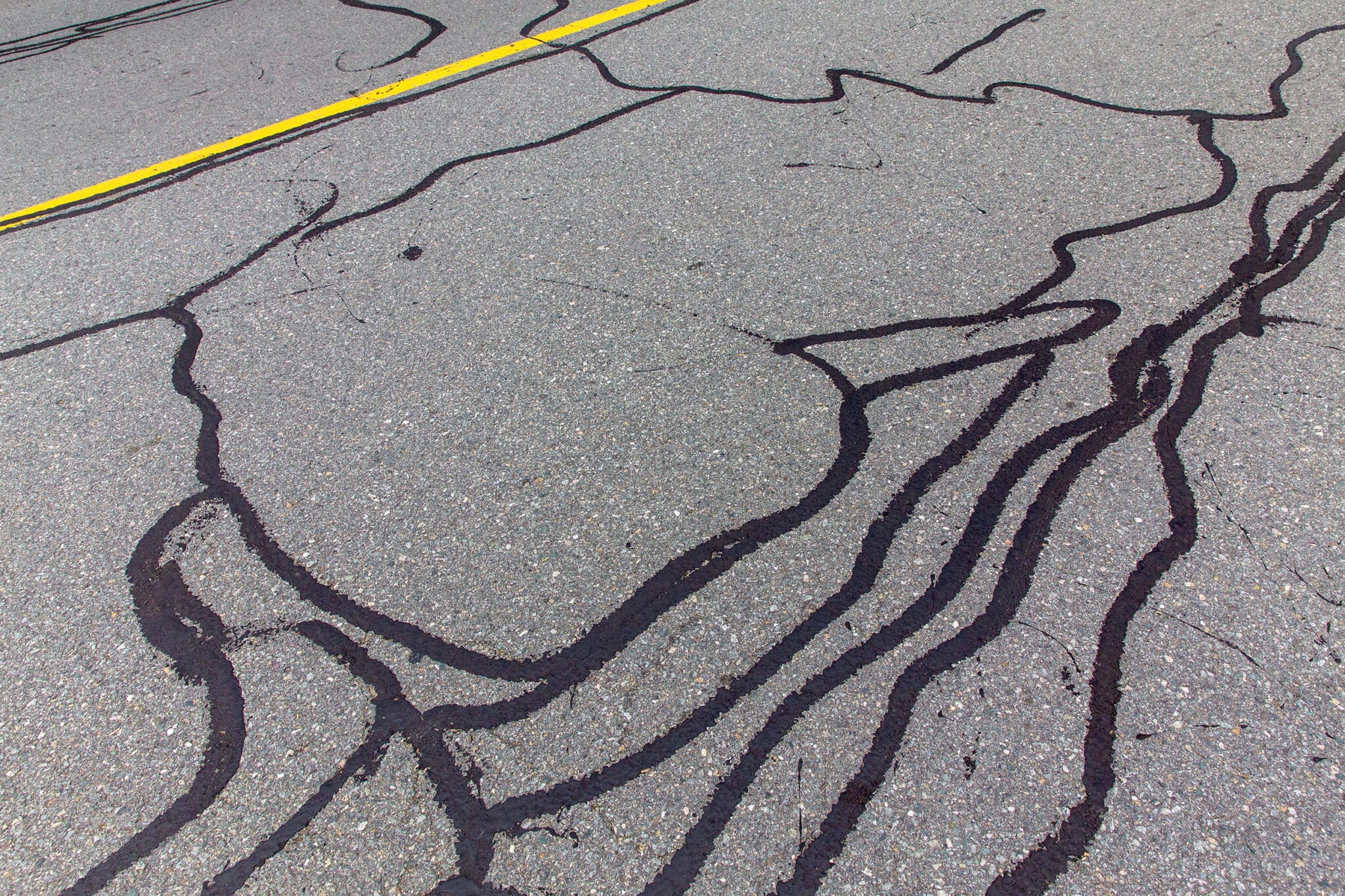Warm Mix Asphalt: A Sustainable Remedy for Pavement
Hot Mix Asphalt (HMA) has actually emerged as a leading lasting selection for sidewalk remedies, providing a myriad of environmental benefits and cutting-edge innovations. As the demand for green construction techniques expands, discovering the subtleties of HMA's sustainability can provide important insights right into the future of sidewalk options.
Environmental Benefits of Warm Mix Asphalt

In Addition, Warm Mix Asphalt aids to alleviate metropolitan warm island impacts. Its dark color soaks up sunlight, reducing the amount of warmth reflected back into the atmosphere contrasted to lighter-colored sidewalks. This can lower ambient temperatures in metropolitan locations, decreasing the need for air conditioning and ultimately minimizing energy consumption.
Additionally, Warm Mix Asphalt adds to boosted stormwater management. Its porous nature permits water to charge and infiltrate the sidewalk groundwater supplies, decreasing runoff and the risk of flooding. These ecological benefits make Hot Mix Asphalt a lasting selection for leading freeways and roads.
Energy Performance in HMA Production
Is energy performance an essential variable in the manufacturing of Warm Mix Asphalt (HMA)? Power plays a significant function in the production of HMA, influencing both price and environmental sustainability. One key facet of power performance in HMA production is the use of warm mix asphalt (WMA) technologies.
Furthermore, advancements in plant innovations have actually brought about even more energy-efficient HMA manufacturing procedures. Modern plants are developed with functions like recycled asphalt pavement (RAP) processing capabilities, effective heater systems, and boosted insulation, all adding to power financial savings. By maximizing energy use in HMA production, the sector can reduce its carbon impact while keeping high-grade sidewalk products. Power performance is, for that reason, an essential consideration in ensuring the sustainability of Warm Mix Asphalt manufacturing.
Recyclability of Hot Mix Asphalt
The recyclability of Hot Mix Asphalt (HMA) is an essential facet of its sustainability and lasting ecological impact. HMA is just one of one of the most recycled products in the United States, with over 100 million tons of recovered asphalt pavement (RAP) being recycled annually in new sidewalk construction. Recycling HMA provides a number of ecological benefits, such as minimizing the need for virgin products, lowering power intake throughout production, and decreasing the quantity of waste sent out to landfills.
The procedure of reusing HMA includes crushing the existing pavement, crushing it right into smaller more tips here pieces, and blending it with brand-new accumulation and asphalt binder to develop a recycled mix. In general, the recyclability of HMA plays a substantial duty in advertising sustainable methods within the sidewalk market.

Long-Term Performance of HMA
Asphalt sidewalks show sturdiness and resilience over an extensive duration, showing the lasting performance of Warm Mix Asphalt (HMA) In addition, improvements in HMA technology, such as the use of polymer-modified binders and warm mix asphalt, have even more improved the toughness and durability of HMA pavements. By focusing on high quality construction and upkeep methods, HMA continues to prove itself as a affordable and sustainable option for resilient pavement facilities.

HMA: Toughness and Sustainability
Demonstrating both longevity and sustainability, Warm Mix Asphalt (HMA) has actually become a foundation in the building of resilient pavement facilities - hot mix asphalt. HMA's longevity originates from its ability to hold up against heavy tons, harsh weather, and high website traffic browse around here quantities, making it a reliable option for roads, highways, and airport paths. The structure of HMA, which usually includes aggregates, binder, and filler, plays a vital duty in enhancing its durability and resistance to put on and tear
Moreover, HMA's sustainability hinges on its recyclability and energy-efficient production procedure. The capability to reuse reclaimed asphalt pavement (RAP) in new HMA mixtures decreases the demand for virgin materials and reduces the environmental effect of sidewalk building and construction and maintenance. Additionally, the energy efficiency of generating HMA depends on its lower mixing temperatures contrasted to various other pavement products, bring about minimized energy intake and greenhouse gas discharges.
Verdict
In final thought, hot mix asphalt (HMA) uses a lasting service for pavement with its ecologically friendly characteristics. HMA's recyclability, energy efficiency in production, and lasting toughness make it an environmentally friendly selection for road building and construction.
HMA is one of the most recycled materials in the United States, with over 100 million tons of recovered asphalt pavement (RAP) being reused each year in new pavement construction.The procedure of recycling HMA involves milling the existing sidewalk, squashing it into smaller sized pieces, and blending it with new aggregate and asphalt binder to create a recycled mix.Asphalt pavements demonstrate resilience and strength over a prolonged period, reflecting the long-lasting efficiency of Hot Mix Asphalt (HMA) Furthermore, advancements click here for info in HMA technology, such as the usage of polymer-modified binders and warm mix asphalt, have actually further boosted the resilience and long life of HMA pavements. The ability to reuse reclaimed asphalt pavement (RAP) in new HMA mixes lowers the need for virgin products and decreases the ecological influence of pavement construction and upkeep.